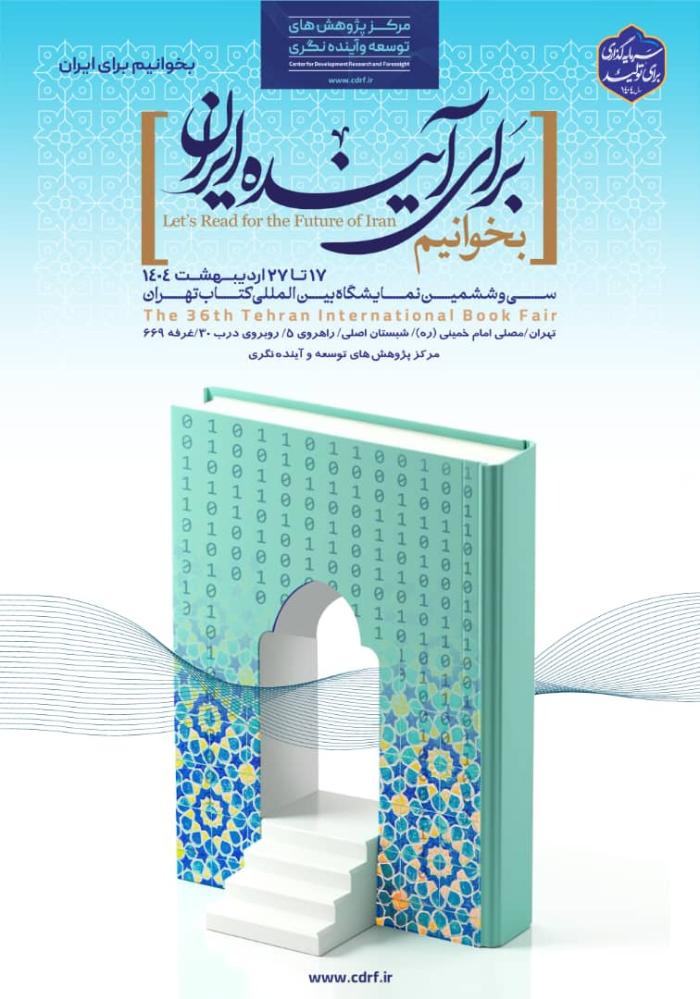

-
بررسی آییننامهها و دستورالعملهای برنامه هفتم پیشرفت
-
بررسی عوامل موثر بر افزایش تصادفات و تلفات جادهای و سوانح رانندگی و دادهکاوی تلفات انسانی
-
سازماندهی و بازآرایی فضایی آموزش عالی کشور
-
به روز رسانی سند ملی آمایش سرزمین
-
انجام مطالعات مناطق آزاد به عنوان نواحی پیشران اقتصادی کشور
-
اصلاح ساختار بودجه و پیاده سازی نظام یکپارچه مدیریت اطلاعات مالی دولت (IFMIS)

The conference at the Center for Development and Foresight Research titled “The Role of Universities in the Governance and Development of the Country; The Duality of Research-Centric or Problem-Centric” addressed the role of universities in the governance and development of a country. It is stated that universities have four main responsibilities: educating and training specialized human resources, advancing the frontiers of knowledge, providing services to society, and promoting societal culture.
For universities aiming toward effectively connecting with society in relation to governance and development, the academic endeavors should serve the governance system of the country.
The conference explored the following fundamental questions in relation to this duality:
- To what extent has the governance system been interested in solving the country’s problems by universities, and how much of the problems solved by universities have been used?
- What duality means and whether article-centric and problem-centric are opposed to each other, meaning that the policymaker’s choice of one of them means denying the other, or are they alongside each other?
- To what extent have the articles and theses prepared in universities been problem-centric?
- Assuming that universities have not been problem-centric, has this issue been general and true in all universities and in all fields (educational and scientific groups and disciplines) or not?
The conference concluded by providing the following points and recommendations for the appropriate direction of the university to serve the country’s problem system:
- Simultaneous development and transformation of 3 factors; infrastructures through focusing on intelligent factors, knowledge brokers through the development of governance knowledge services, and also the evaluation system through building on the effect of the university system.
- Creating a system of ideas and needs (NAN).
- Expansion and strengthening of intermediary institutions between the university and industry such as science and technology parks, innovation centers, technology units; entrepreneurship centers, technology commercialization centers, university-industry liaison offices, and support for knowledge-based companies.
- Making research in universities and research institutions practical through defining large local and national projects.
- Establishing scientific diplomacy as a tool for developing Iran's soft power.
- Institutionalizing research-oriented culture in industry and society.
- Creating incentives and exemptions for establishing and strengthening the connection of industry with universities.
- Incorporating criteria and indicators related to the connection with the industry in the promotion and upgrade regulations of professors.
- Reviewing the promotion and upgrade regulations of faculty members based on the type of university and assigned duty, and also for different specialized fields.



